This is the function of the digestive system
What is breaking down food for useable nutrients for the body
This is the function of the urinary system
What is the filtering of the blood to remove waste in the form of urine
This is the function of the integumentary system
What is to provide a barrier of protection against pathogens, help maintain body temperature, prevent water loss, and absorb vital minerals and vitamins
The digestive, urinary, and integumentary system all work together to make up this joined system
What is the excretory system
This organ is the first site to begin digestion
The mouth

The stomach
These four organs of the digestive system are known to contribute to chemical digestion
What are the mouth (salivary glands), gall bladder, stomach and the pancreas
This organ is responsible for the collection of urine
What is the bladder
This layer of skin makes up the top layer, and consists of mostly dead skin cells
What is the epidermis
These digestive system organs interact with the circulatory system to absorb nutrients into the blood stream
What are the small and large intestine
This first phase of wound healing involves the stopping of blood at the site of injury
Hemostasis

The kidney
These are the two different methods by which food is digested
What are mechanical and chemical digestion
This is the functional unit of kidneys that are responsible for the filtering of blood
What is the nephron
This layer of skin makes up the middle layer, and creates new skin cells.
What is the dermis
The hollow organs of both the digestive and urinary system are made up of this muscular tissue
What is smooth muscle
Sugars, amino acids, and fatty acids are all absorbed by this organ of the digestive system
What is the name of the MIDDLE layer?

The dermis
This is the function of the small intestine
What is the absorption of nutrients into the blood stream
The kidneys filter the blood this many times in each nephron
What is twice
This gland aids the integumentary system in its function of temperature control of the body when it gets too hot
What is the sweat gland
The integumentary system interacts with the nervous system to give us this sensation
What is touch
Darker colored urine (dark yellow, orange) is an indication of this condition
Dehydration
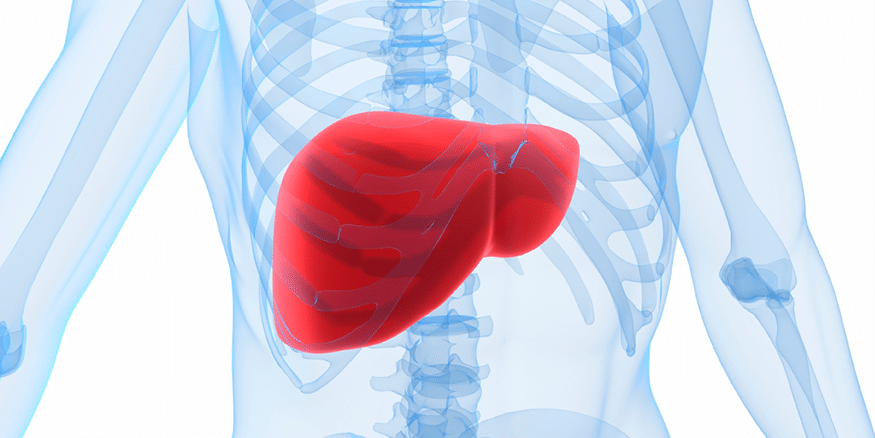
The liver
These two organs are associated with mechanical digestion
What are the mouth and the stomach
This organ is responsible for the release of urine
What is the urethra
This gland secretes a substance that aids in the flexibility and elasticity of the skin
What is the sebaceous gland
This liquid is secreted by the gallbladder to break down fat.
What is bile
This second phase of wound healing involves the formation of a scab; this scab is created with platelets and fibrin
Inflammatory

The bladder
These are the three phases of the digestive system's function
What are digestion, absorption, and elimination
The prostate gland is located behind and below the bladder. If it swells, it can impair the flow of urine by pinching off the opening of this organ of the urinary system
What is the urethra
This is the layer of skin where the hair follicle resides
What is the dermis
This organ filters all blood that has absorbed nutrients from the digestive system, and metabolizes them for use by the cells.
What is the liver
Chemical digestion in the stomach is attributed mostly to this acid
Hydrochloric Acid
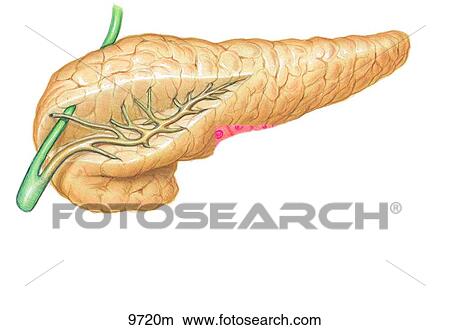
The pancreas
This organ is the site of water absorption
What is the large intestine
Kidney stones can either block the passage to, or impair the passage through this organ of the urinary system
What is the ureter
This layer of skin is mostly made up of fat
What is the hypodermis
This ingredient in carbonated soft drinks is a primary contributor to the formation of kidney stones (NOT SUGAR OR CARBONATION)
What is phosphoric acid
This final phase of wound healing involves the changing of collagen into new dermal cells, followed by the eventual removal of the scab
Remodeling
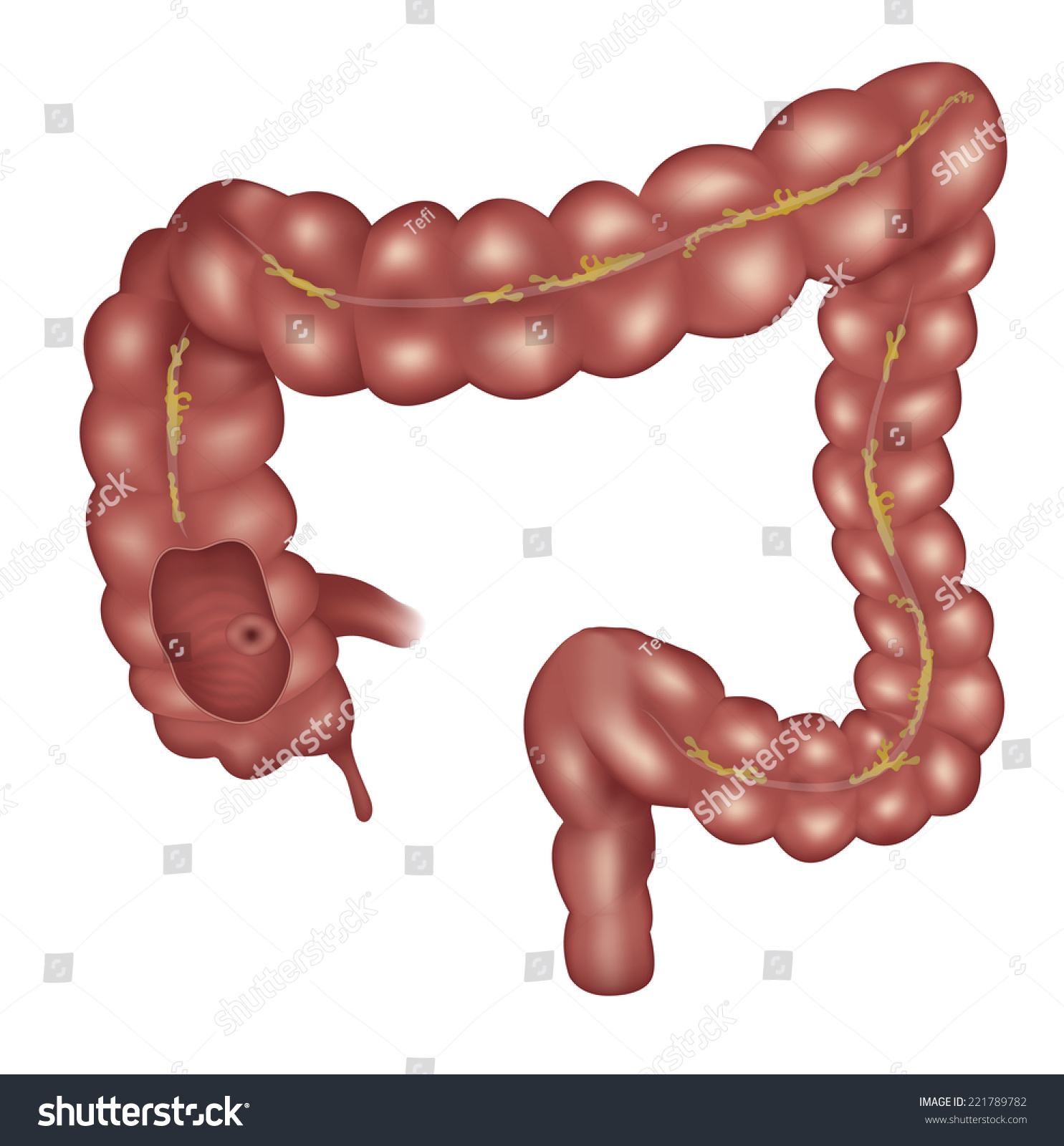
Large intestine
Without this organ and its secretion, fats would be much harder to digest
What is the gall bladder
This is the type of acid found in specific fruits that is healthy for kidney function, as it dissolves kidney stones
What is citric acid
The integumentary system acts also as the first line of defense for this system
What is the immune system
These structures of the integumentary system are not present on areas of the skin that are needed for tactile grip
What are hair follicles
This enzyme secreted by the pancreas plays a roll in the absorption of sugars
Insulin

The Gallbladder
This organ produces the first enzymes that interact with food, beginning the process of chemical digestion
What are the salivary glands
What happens in each filtration of the kidney?
The nephron filters out ALL waste and water from the blood during the first filtration; during the second filtration, a majority of the filtered water is returned to the blood
This fiber is what is primarily responsible for the laying down of new skin
What is collagen
This is the minimum filtration rate for a kidney to called "normally functioning"
What is 90 ml/min
The oil secreted by the sebaceous gland uses this other structure as a pathway to carry its oil to the surface of the skin
The hair follicle
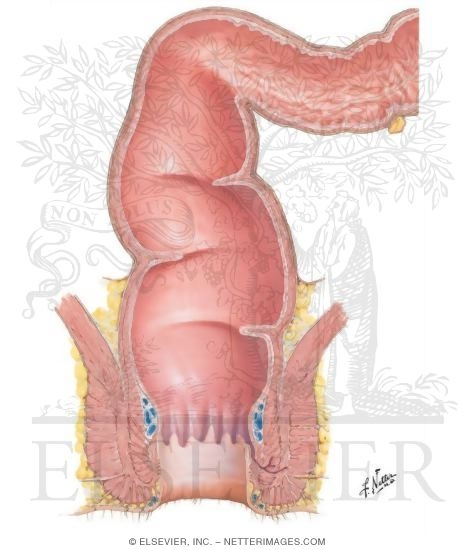
The rectum
These are the vessels that are responsible for fat absorption in the digestive system
What are the lymphatic vessels
This organ is responsible for bringing blood to the kidneys
What is the renal arteries
This substance is secreted by the skin in order to keep the skin nourished and flexible.
What is sebum
The muscular contractions that push the food along the digestive system are called this.
What is peristalsis
Proliferative
What is the structure to the left and right of the hair follicle called?
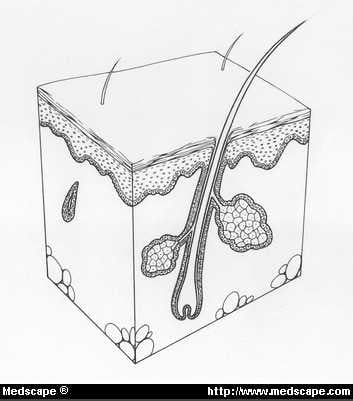
The sebaceous gland